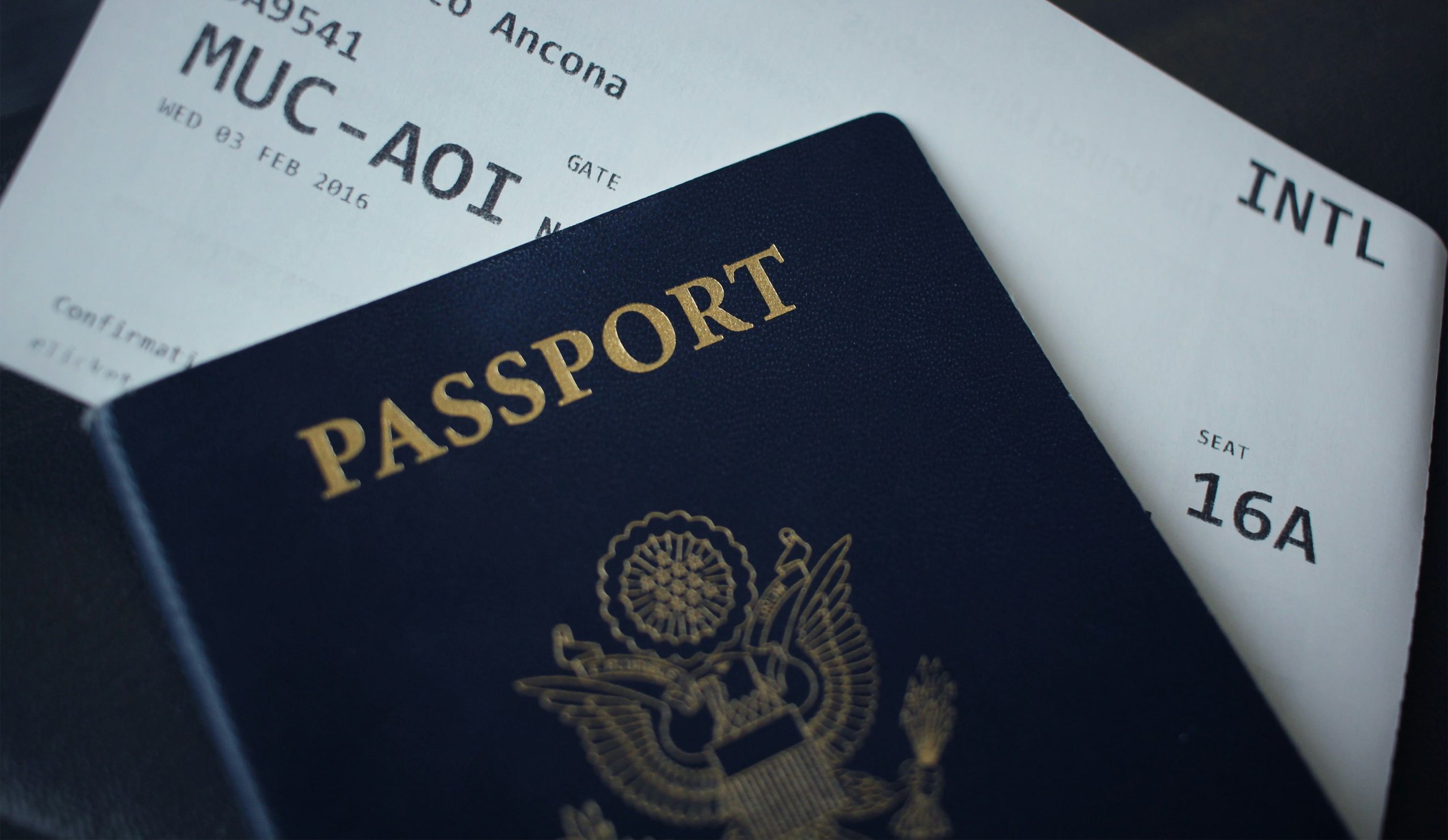Portugal has become one of Europe’s most popular destinations for expatriates. The country offers a high quality of life, a welcoming culture, and multiple visa options. Expats get a residence visa in Portugal more easily if they understand the process before applying.
Knowing visa rules is essential for moving for work, retirement, investment, or lifestyle. Therefore, this guide explains requirements, types of visas, and practical considerations.
Types of Residence Visas Available to Expats
Portugal provides several residence visas, each serving different purposes. Expats get a residence visa in Portugal by choosing the category that matches their goals.
- Work Visas: For applicants with a job offer or contract in Portugal.
- Entrepreneur or Start-Up Visas: For those starting a business or investing locally.
- D7 Passive Income Visa: For retirees or individuals with pensions or rental income.
- Golden Visa (ARI): For investors in real estate, jobs, or cultural projects.
- Family Reunification Visas: For relatives of residents or citizens.
- Student Visas: For applicants enrolled in Portuguese universities.
Each type has unique requirements, but allows expats to reside legally in Portugal.
General Requirements for a Residence Visa
Regardless of visa type, applicants must meet general conditions. Expats get a residence visa in Portugal only when they provide complete documentation.
These include:
- A valid passport covering at least three months beyond the intended stay.
- Proof of accommodation, such as a rental contract or deed.
- Evidence of financial means, like bank statements or income proof.
- Health insurance valid in Portugal.A criminal record certificate from all relevant countries.
- Specific documents related to the visa type, such as work contracts or university letters.
Applications start at the Portuguese consulate in the applicant’s country.
After approval, expats must apply for a residence permit through AIMA in Portugal.
Golden Visa: A Pathway for Investors
The Golden Visa program attracts global investors. Expats get a residence visa in Portugal through investments that support the economy.
Qualifying investments may include:
- Invest in a Portuguese fund.
- Creating jobs for residents.
- Supporting research or cultural heritage projects.
Golden Visa holders gain the right to live, work, and study in Portugal. They also enjoy Schengen travel and can apply for permanent residency or citizenship after five years. Since rules often change, professional advice is strongly recommended.
Residence for EU, EEA, and Swiss Citizens
EU, EEA, and Swiss citizens do not need a visa for Portugal. However, they must register after staying longer than three months. They can later apply for permanent residence after five years.
Practical Considerations and Common Pitfalls
Expats should prepare for practical challenges. Expats get a residence visa in Portugal faster when they plan carefully.
- Accommodation proof: Needed for both visa and residence permit stages.
- Timing: Apply early, as appointments and approvals take months.
- Legal entry: Arrive with the correct visa to avoid complications.
- Renewals: Residence permits last one or two years. After five years, permanent residency or citizenship may be possible.
International Agreements and Special Cases
Portugal maintains agreements with many countries, including the USA and Australia. These agreements may simplify entry for short stays. Still, expats only get a residence visa in Portugal by applying for the correct long-term visa.
Conclusion: Professional Guidance is Key
Obtaining residency requires planning and knowledge. Expats get a residence visa in Portugal through a structured process that varies by profile and purpose.
Since immigration laws change often, expert advice ensures compliance and peace of mind. With preparation and guidance, your new life in Portugal can begin smoothly.
This article is for informational purposes only. Always consult a qualified immigration lawyer for personalised advice.
The founding of Madeira Corporate Services dates back to 1996. MCS started as a corporate service provider in the Madeira International Business Center and rapidly became a leading management company… Read more




